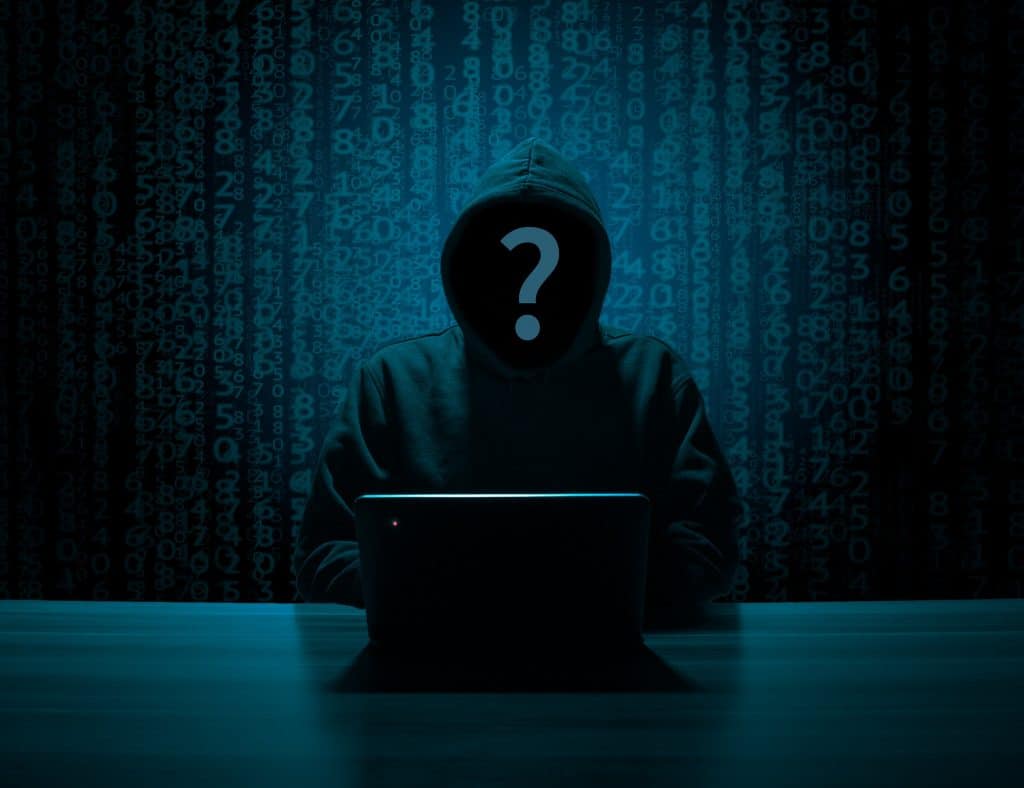The internet is a vast and multifaceted space that has revolutionized the way we communicate, conduct business, and access information. However, beneath the surface web that we all know and use, there exists a hidden and mysterious realm known as the "dark web." The dark web has gained notoriety for its anonymity, illicit activities, and underground communities, making it a subject of fascination and curiosity. In this article, we will explore what the dark web is, its structure, the activities that occur within its depths, and the important question: should you access it?

I. Understanding the Dark Web
- What is the Dark Web?
The dark web is a hidden part of the internet that is not indexed by traditional search engines like Google, Bing, or Yahoo. It is a subset of the deep web, which includes all web pages that are not indexed by search engines. The dark web, in particular, requires special software to access and is intentionally designed to conceal the identity and location of its users.
- How Do You Access the Dark Web?
Accessing the dark web requires specialized software, with the most common one being Tor (The Onion Router). Tor routes your internet traffic through a series of volunteer-operated servers, encrypting your connection and making it difficult for anyone to trace your online activities. This enables users to access .onion websites, unique to the dark web, which often have addresses with a random string of characters.
II. Activities on the Dark Web
- Anonymity and Privacy
One of the most significant draws of the dark web is the enhanced level of anonymity it provides. Users can communicate, browse, and transact without revealing their true identities. This feature is valued by activists in repressive regimes, whistleblowers, and individuals who require privacy for legitimate reasons.
- Black Markets
The dark web is infamous for hosting numerous black markets where illegal goods and services are exchanged. These markets offer everything from drugs, firearms, and stolen data to hacking tools and counterfeit documents. The anonymity provided by the dark web makes it an attractive hub for such activities, despite the illegality.
- Whistleblowing and Free Speech
The dark web is also a refuge for whistleblowers and activists who need to share sensitive information without fearing retaliation. Platforms like WikiLeaks have used the dark web to publish classified documents, highlighting the value of this space for free speech.
- Cybersecurity Research
Not all activities on the dark web are illegal or malicious. Some cybersecurity researchers and professionals use it to study and track cyber threats, malware, and vulnerabilities. This helps in understanding and combating cybercrime.
- Online Communities
Beyond its more notorious aspects, the dark web hosts numerous online communities, forums, and chat rooms where people discuss a wide range of topics, from privacy concerns and political ideologies to niche hobbies and interests. These communities provide a space for like-minded individuals to interact freely.
III. Risks and Dangers
- Legal Consequences
Accessing the dark web can expose individuals to legal risks. While some activities are benign, many are illegal, and engaging in them may lead to criminal charges. Authorities closely monitor the dark web, and users have been arrested for participating in illegal transactions.
- Malware and Scams
The dark web is rife with malicious software, scams, and fraudulent schemes. Users looking for illegal products or services can easily fall victim to scams, downloading malware or losing their money to unscrupulous sellers.
- Exposure to Disturbing Content
Exploring the dark web can expose users to disturbing and illegal content, such as child exploitation, extreme violence, and other forms of graphic material. This can have a significant psychological impact on those who inadvertently encounter such content.
- Hacking and Identity Theft
The same anonymity that makes the dark web appealing to privacy advocates also attracts hackers and cybercriminals. Users may become targets for hacking, identity theft, and financial fraud.
IV. Should You Access the Dark Web?
The decision to access the dark web is a complex one and should not be taken lightly. Here are some factors to consider:
- Legal and Ethical Concerns
First and foremost, consider the legal and ethical implications. Engaging in illegal activities on the dark web can lead to severe consequences, including legal prosecution. It is crucial to understand the laws in your jurisdiction and the potential ramifications of your actions.
- Privacy and Security
If your primary motivation for accessing the dark web is privacy, evaluate whether the benefits outweigh the risks. Using Tor for legitimate privacy reasons is one thing, but remember that malicious actors also exploit this anonymity to harm others.
- Risk Assessment
Assess the risks carefully. Understand that the dark web is not a safe haven, and you may inadvertently encounter harmful content or malicious actors. Be prepared for the possibility of encountering disturbing material.
- Technical Proficiency
Accessing the dark web requires a certain level of technical proficiency to protect your privacy and security. If you are not well-versed in cybersecurity, you may be more vulnerable to threats.
Conclusion
The dark web is a complex and enigmatic realm of the internet that offers both opportunities and dangers. While it provides enhanced privacy and a platform for whistleblowers and activists, it also hosts illegal activities, scams, and disturbing content. The decision to access the dark web should be made with full awareness of the legal, ethical, and security risks involved.
Ultimately, the dark web is not a place for casual exploration. If you have legitimate reasons to access it, such as preserving your privacy in a repressive regime or contributing to cybersecurity research, exercise extreme caution and seek guidance from experts. For most individuals, the risks associated with the dark web far outweigh the potential benefits, making it a space best left unexplored.
Read More:- How to Define Transparency in Business: The Hidden Key to Corporate Profits Read More:- Top 10 Diwali Marketing Ideas for Fashion Business
